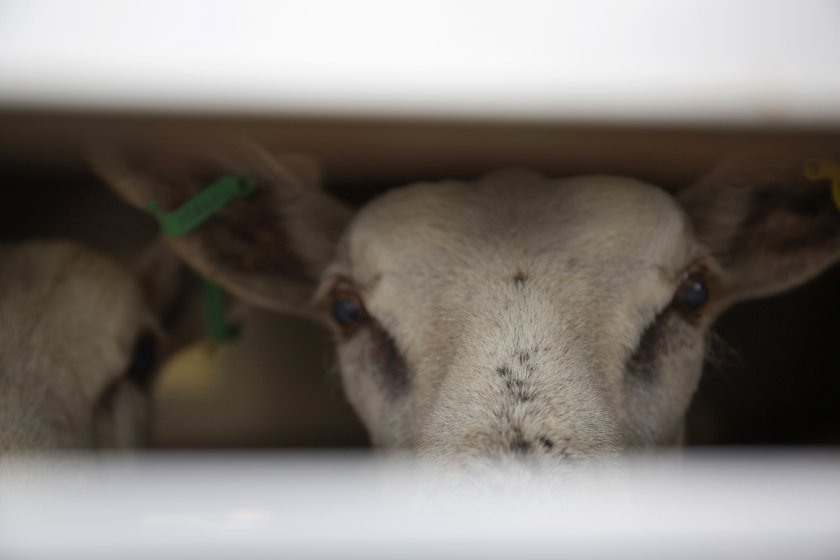
Live animal transport regulations in the UK and other western nations are 'not fit for purpose', according to a major international study.
A ‘fitness check’ of regulations meant to protect animals during transportation has deemed that they fall short.
The study looked at animal transport rules in the UK, EU, Australia, Canada, New Zealand, and the United States.
Researchers investigated four major risk factors - fitness for transport, journey duration, climatic conditions and space allowances - and explored how regulations were structured to prevent animal welfare issues.
Results showed that all countries could improve and draw key future directions for new policies.
For instance, no countries adopt maximum journey duration for all animals, meaning that animals can sometimes be transported for days.
Not all countries mandate regular rest stops for long journeys but those that do often mandate rest stop times that are too short to allow meaningful recovery.
Published in Royal Society Open Science, the study is the first comprehensive check to assess whether the regulatory framework for a policy sector is fit for purpose.
Researchers say that updating regulations using the most recent science would be an important step towards improved animal welfare during transport, 'bringing the livestock industries more in line with societal values'.
The team also considered recent and proposed changes to the regulations, including reviewed changes that have been announced but not yet been translated into legislation or different options that are being considered.
For instance, last month, a Bill including a ban on the export of livestock for slaughter and fattening from Britain was introduced in parliament but may only target a minority of animals being exported.
Dr Ben Lecorps, study co-author from the Bristol Veterinary School, said the findings indicated that regulations "are often insufficient or too vague to ensure they are fit for purpose".
"All studied countries fall short in guaranteeing adequate protection to livestock during transport," Dr Lecorps explained.
"Whilst this does not mean that all animals transported will experience serious harms, major risk factors such as excessively long journeys, or journeys during hot weather, are not being addressed to a satisfactory level.”
